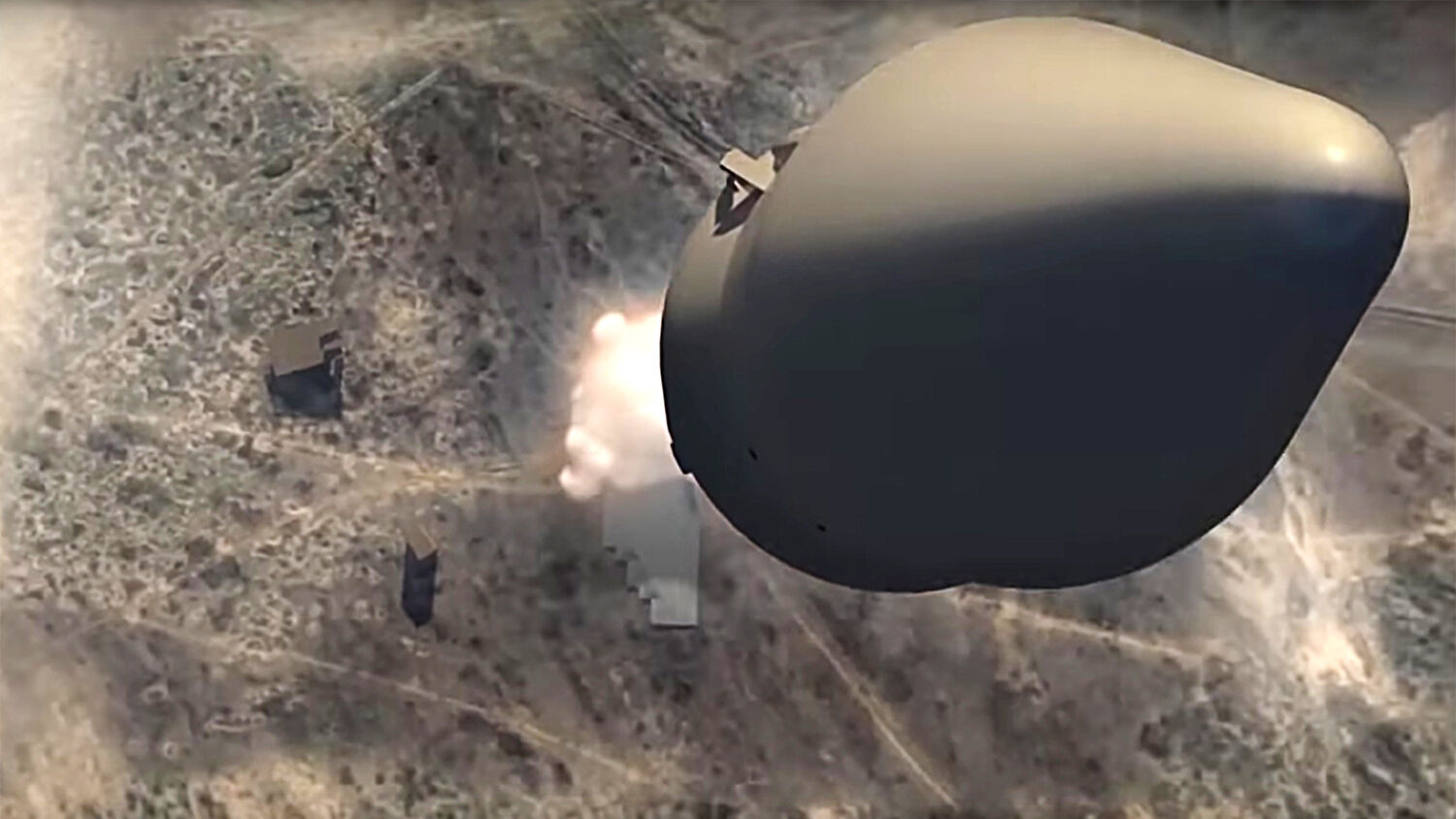
Russia’s ‘Unstoppable’ Hypersonic Missiles
The Russian Ministry of Defense published a video on Twitter on June 4, showing the successful test-launch of a new hypersonic interceptor missile believed to be virtually impossible for other powers to stop.
The breathtaking launch took place at the Sary-Shagan testing range in Kazakhstan, and the ministry said the missile successfully struck its target. “After a series of trials, the new interceptor missile confirmed its characteristics and successfully completed the task by striking an assigned target with precision,” a statement said. Authorities have not publicly stated exactly which missile was tested, but Brinkwire.com speculated that it was a prs-1M hypersonic interceptor missile.
The missile is believed to be capable of carrying a nuclear warhead of several kilotons and fly at 2.5 miles per second or 9,800 miles per hour. It is also maneuverable, meaning its trajectory can be rapidly changed mid-flight. The combination of hypersonic speeds and intricate maneuverability means such missiles could evade even the most advanced known defense systems. Last March, Gen. John Hyten, commander of United States Strategic Command, told the Senate Armed Services Committee that the U.S. does not “have any defense that could deny the employment of such a weapon against us.”
“Hypersonic Weapons Are Literally Unstoppable (As in America Can’t Stop Them),” the National Interest headlined in May. “The impact of speed, extreme altitude changes, and maneuverability, especially during the final phase of flight, present both offensive opportunities and defensive obstacles,” it noted.
The notion of the U.S. being unable to defend itself against some of Russia’s most formidable nuclear weapons is alarming. But the more important region to watch for a response to Russia’s increasing military power and increasing aggression is Europe.
Russian President Vladimir Putin once famously called the collapse of the Soviet Union “the greatest catastrophe of the [20th] century.” He has labored for years to rebuild the empire’s former glory. This goal was evident in 2008 when Russia invaded Georgia and took control of two of its regions. It was evident again in 2014 when Russia annexed Ukraine’s Crimean Peninsula. Putin’s upgrades of Russia’s nuclear arsenals and tests, such as the one last week in Kazakhstan, are motivated by that same overarching goal.
In 2014, shortly after Russia annexed Crimea, Trumpet editor in chief Gerald Flurry discussed the effect such moves would have on Europe, and placed it in the context of Bible prophecy:
We have been prophesying for around 70 years that Eastern Europe would become a vital part of a new European superpower—a resurrection of the Holy Roman Empire. This prophecy is directly related to the Crimean crisis! The fear you see in Europe because of events in Crimea is going to cause 10 leaders in Europe to unite in a sudden and dramatic way—and in precise accordance with the Bible’s description of that European empire! … Europe’s new fear of Russia is going to play a major role in hastening the fulfillment of that prophecy!
The Europeans have not forgotten Russia’s recent acts of aggression on their region—in Georgia and Ukraine. They see Putin’s increasingly antagonistic nuclear posturing and his unfathomably destructive weaponry, such as the prs-1M missile. And the fear of Russia that is now becoming more intense among many Europeans is intensifying their desire to unify Europe, politically and militarily. They calculate that within a unified European bloc, they would be better able to stand up to the rising Russian threat.
Mr. Flurry’s article is built on prophecies recorded in Ezekiel 38, Daniel 2 and 8, and the book of Revelation, showing that these trends are leading to a time of destruction that “will cause more suffering than the world has ever known!”
But he proves that this ultimately points to profoundly good news:
[I]t does describe a lot of suffering coming upon this world—the worst ever. But it is tied directly to the coming of the Messiah, when all suffering ends, and God brings peace, happiness and joy to the world! That is the best news you could ever hear!
To better understand these Bible prophecies and to learn more about the “best news you could ever hear,” read Mr. Flurry’s article “The Crimean Crisis Is Reshaping Europe!”
